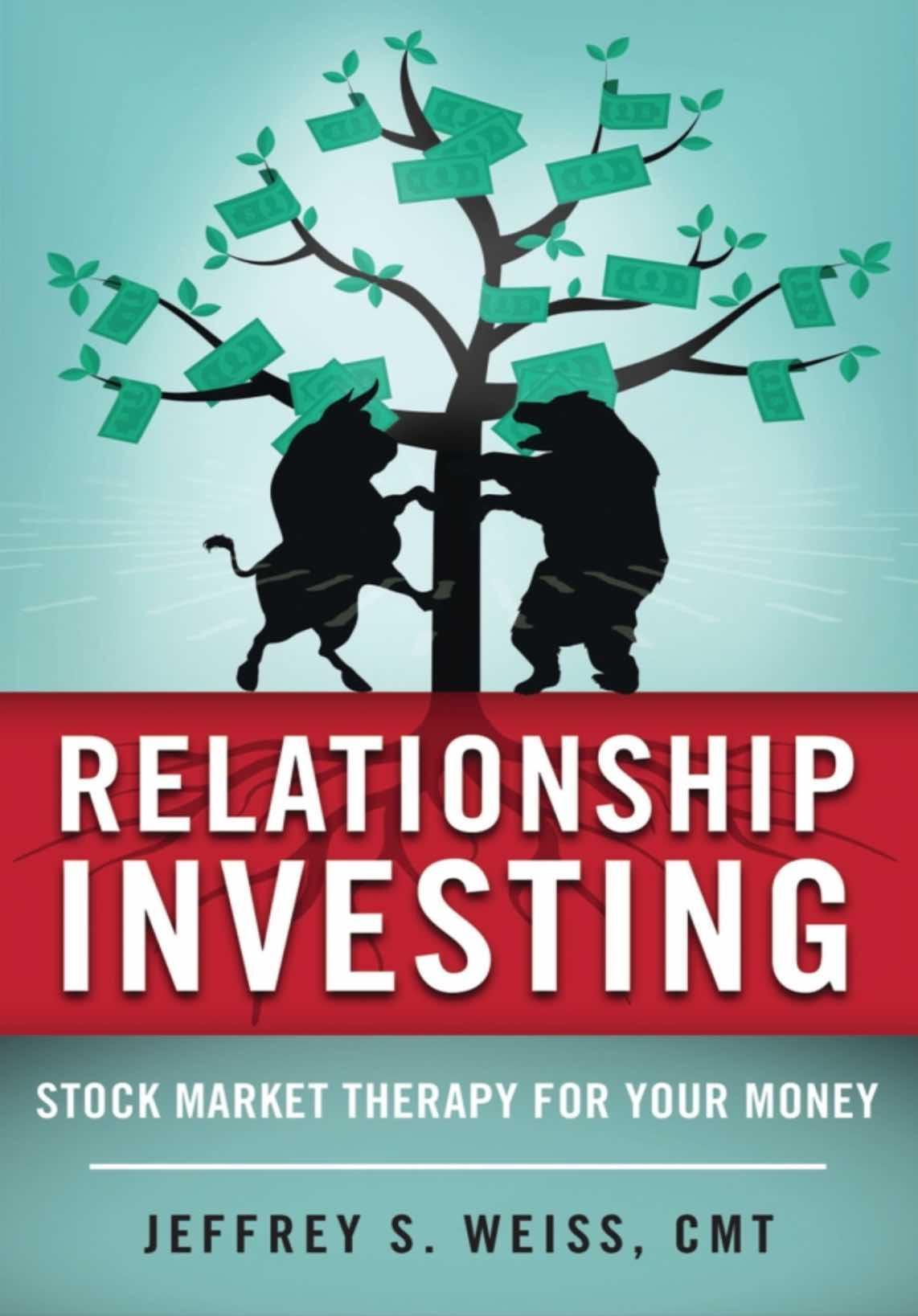You won’t hear the phrase “the company’s not going broke” uttered by anyone holding a stock at a profit—only at a loss. It’s one of the poorest excuses I’ve ever heard for retaining shares in various stages of decline. Is this really a basis on which to hold a stock? Or an investment strategy? By thinking this way one doesn’t have to address the fact that they’re under water in their investment. I’d say they have a problem dealing with the situation and the four words in the title allow them an “out.”
Let’s assume that the underlying company isn’t going broke, as most do not. I’ll grant you that. So what? Does that mean you should keep their shares for that reason alone? Go online and check how the shares of many household names known to millions of people performed in bear markets. The declines were painful in spite of the popularity of the underlying companies—corporations that span a wide array of industries and whose products and services we greatly enjoy using. Even with some popular market indices trading near their respective multiyear highs as I write this, the underlying shares of numerous well-known, large companies are visibly under their multiyear peaks.
Trouble is, by using the terminology mentioned in the title you’re using a worst-case basis—not to protect yourself on the downside by trying to control the loss, but rather as a rationalization to potentially increase it! That’s the opposite of what risk management is all about. Just because the absolute worst case probably won’t materialize doesn’t mean that the situation can’t become noticeably worse than it is now.
You can apply this concept to a range of life equivalents. Just concoct a worst-case scenario that probably won’t occur, and use that as an excuse for not taking action or refusing to address the situation—like delaying a badly needed roof repair on your home because, after all, it’s not going to collapse. Or putting off a trip to your dentist for a necessary procedure because your teeth aren’t going to fall out.
Moral: Brief as it is, this chapter speaks once again to an investor’s thought process—particularly when he’s losing money. I mentioned the title in chapter 33, “Dangerous Phrases.” Rationalizations allow you to postpone difficult decisions in that regard. And by using only two outcomes—a worst-case scenario versus a current situation—lots of other gears in between are omitted. For instance, can’t a business that’s losing money lose increasingly larger sums over time, even if it doesn’t go bankrupt? Suffice it to say there are several stages between a paper cut and a hemorrhage.
(To be continued...)

This excerpt is taken from “Relationship Investing: Stock Market Therapy for Your Money” by Jeffrey S. Weiss. To read other articles of this book, click here. To buy this book, click here.
The Epoch Times copyright © 2023. The views and opinions expressed are those of the authors. They are meant for general informational purposes only and should not be construed or interpreted as a recommendation or solicitation. The Epoch Times does not provide investment, tax, legal, financial planning, estate planning, or any other personal finance advice. The Epoch Times holds no liability for the accuracy or timeliness of the information provided.





